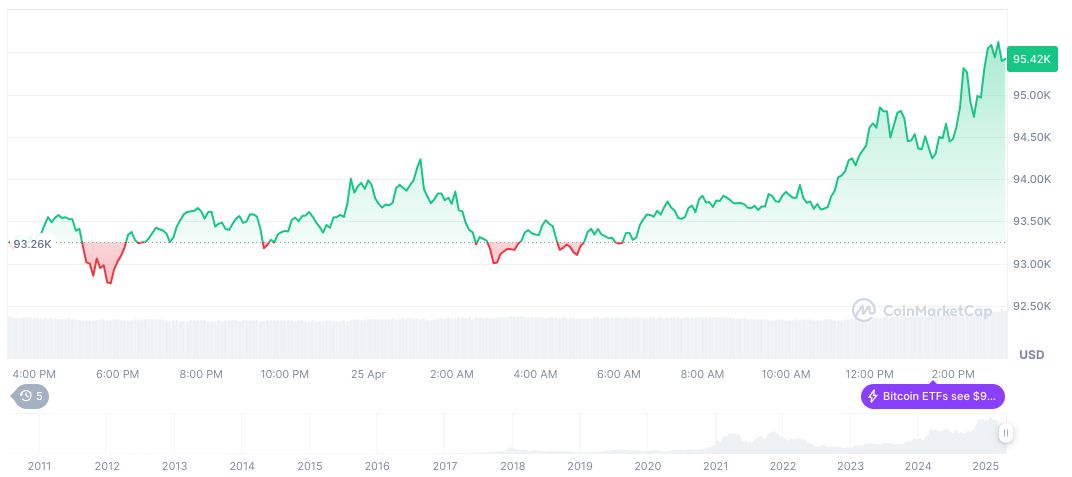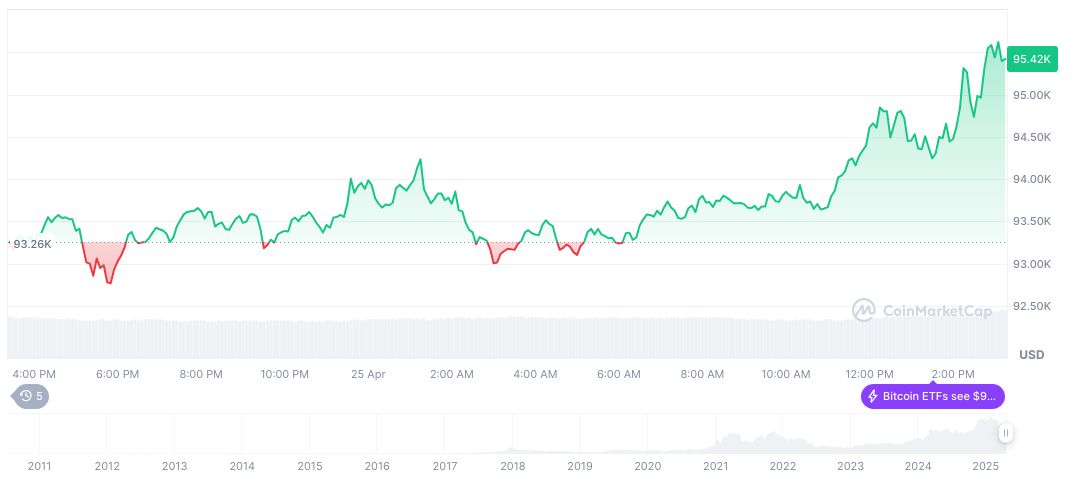- The Guangzhou Internet Court analyzed legal protection paths for virtual property.
- Unauthorized crypto trading lacks legal protection in China.
- Virtual assets categorized as reality-mapped or network-constructed.
According to the Guangzhou Internet Court, a new report outlines legal protections for online virtual property, dividing it into reality-mapped and network-constructed categories.
These definitions impact China’s ongoing stance on cryptocurrency, reinforcing that unauthorized digital asset activities remain unprotected.
Guangzhou Court Distinguishes Virtual Asset Categories
The Guangzhou Internet Court’s April 26 briefing sought to address the complexities of online virtual property. Explicit distinctions were made between reality-mapped and network-constructed virtual assets, significantly impacting digital asset jurisprudence. The report reaffirmed that investment activities undermining legal tender are not protected, highlighting a robust regulatory stance by Chinese authorities. Crypto activities, including Bitcoin and Ethereum trading, fall outside judicial protection.
“Based on the information provided regarding the Guangzhou Internet Court’s Virtual Property Judicial Conference, it appears there are no specific quotes from key players, industry experts, or KOLs related to this update.”
The official findings reflect continuity in China’s restrictive approach. Market participants have anticipated such positions, minimizing any disruptive market effects.
Bitcoin Market Faces Regulation Amid China’s Legal Rulings
Did you know? In 2025, the stance on unauthorized digital assets continues to echo the 2021 crypto ban in China, underscoring a long-standing regulatory trend.
Bitcoin (BTC) is currently priced at $94,182.99, with a market cap of $1.87 trillion, according to CoinMarketCap. Recent data shows a 0.48% increase in 24-hour prices, but a 9.98% decline over 90 days. Bitcoin’s market dominance stands at 63.30%.
The Coincu research team notes that China’s legal stance may curb speculative activities, yet such constraints may also hinder financial innovation. Historical trends indicate regulated environments often lead to cautious market strategies, affecting global digital asset investment dynamics.
Market participants have anticipated such positions, minimizing any disruptive market effects.
Source: https://coincu.com/334417-guangzhou-court-virtual-property-legislation/

